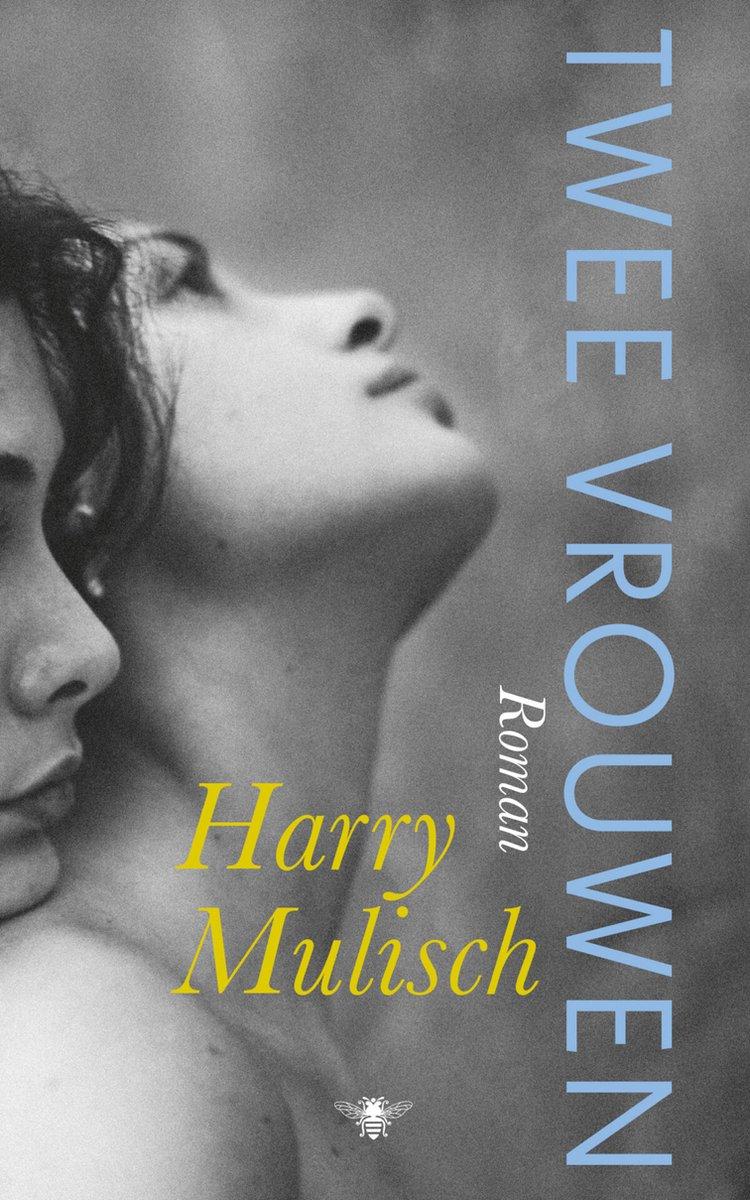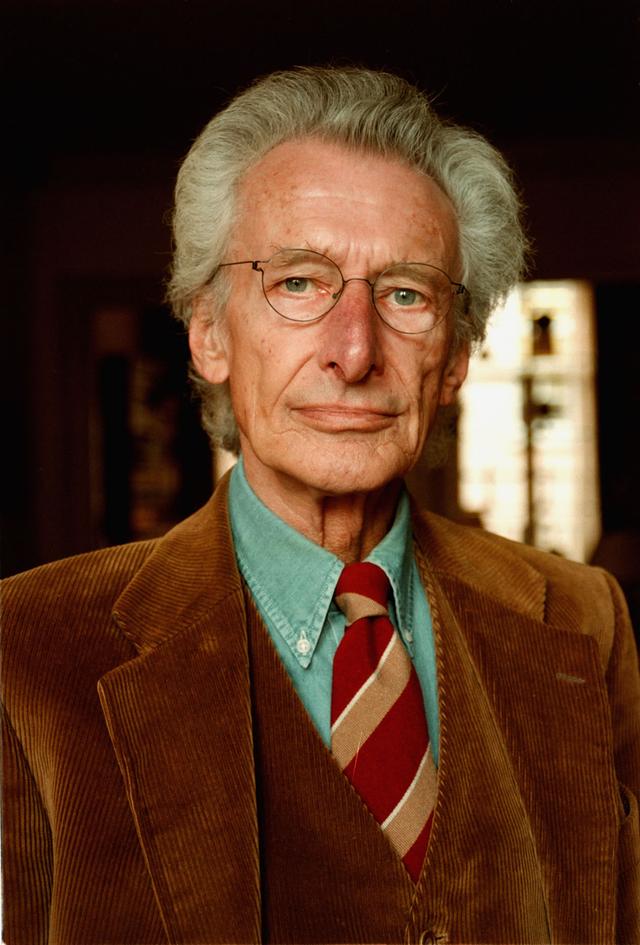Two Women
In 1975 Harry Mulisch published a novel that stunned the critics with the simplicity of its storyline and the unexpected theme of lesbian love, which until then had been almost exclusively the domain of female writers. But 'Twee vrouwen' is above all a psychological novel.

After her childless marriage comes to an end, art historian Laura falls in love with a young woman called Sylvia. She has a volatile personality. After a while she disappears but is discovered having an affair with Laura’s ex-husband. She pretends to be in love with him, but when she becomes pregnant she returns to Laura. The man, furious at being manipulated, kills Sylvia and her unborn child, and Laura loses her beloved a second time.
Why does the novel have such an impact? In the years prior to its publication, Mulisch wrote mainly non-fiction and experimental work. Readers were surprised by this classic tale of love, jealousy, and murder. Since the novel is written from Laura’s perspective, the reader identifies with her sense of abandonment, her happiness when Sylvia returns and her ultimate anguish.
Mulisch explores themes that would return in his later work. For him, lesbian love is problematic because it is infertile; when the laws of nature are violated, destiny takes charge. To what extent can humans intervene? With modern technology, we have almost become capable of creating life. We can artificially postpone death, clone living beings and manipulate the reproductive process. Along with Mulisch’s successful novels of the 1980s and 1990s, this remains a compelling book. In 2008 it was distributed by libraries as part of a national reading campaign. More than a million copies were printed and the book became the subject of widespread debate, bringing it back more to attention.
More by Mulisch
De diamant (The Diamond, 1954). The main character is the largest diamond in the world, which brings death and destruction to all who possess it, east and west, even after it is broken in two. The story ends with the destruction of the diamond itself.
Het zwarte licht (The Black Light, 1956). A day in the life of lonely carillonneur Maurits Akelei, who decides to celebrate his birthday by treating the world to heavenly music. By the end of his party, an ecstatic mob marched through the flooded streets toward its doom.
Hoogste tijd (Last Call, 1985). An ageing actor from a renowned theatrical family makes his comeback. His return to the big city and his infatuation with a young actress slowly but surely lead to his downfall.
A moving love story, but at the same time a literary page-turner – a term more commonly applied to thrillers. No reader will remain unmoved by the chilling conclusion.
Philip Freriks
